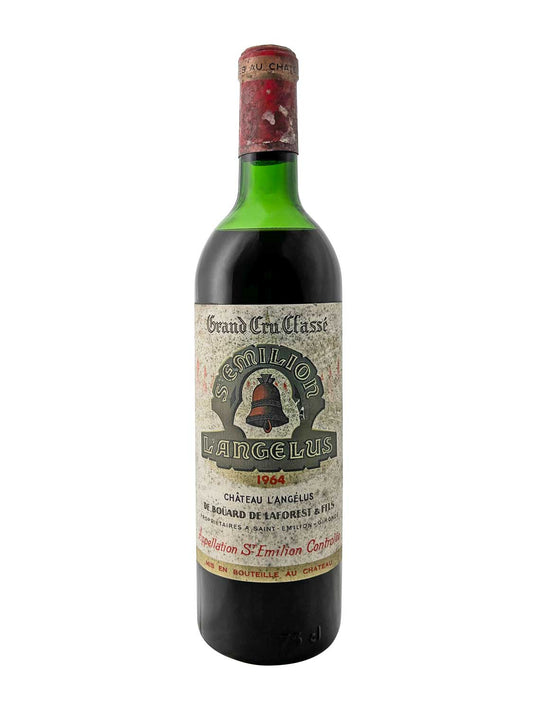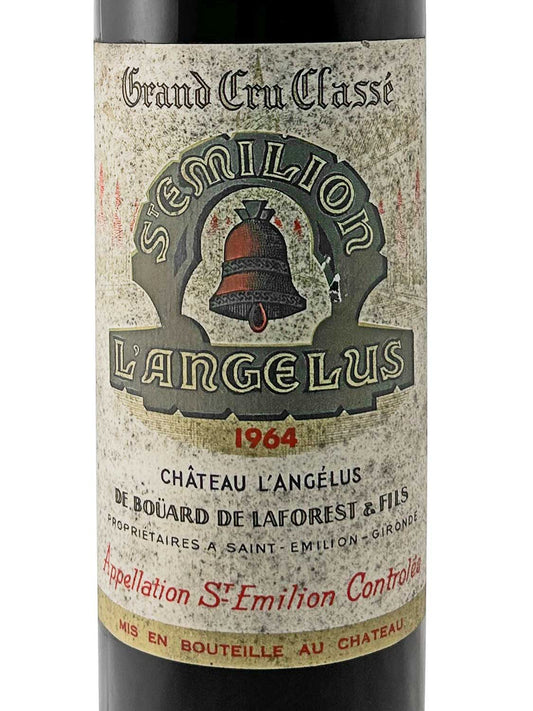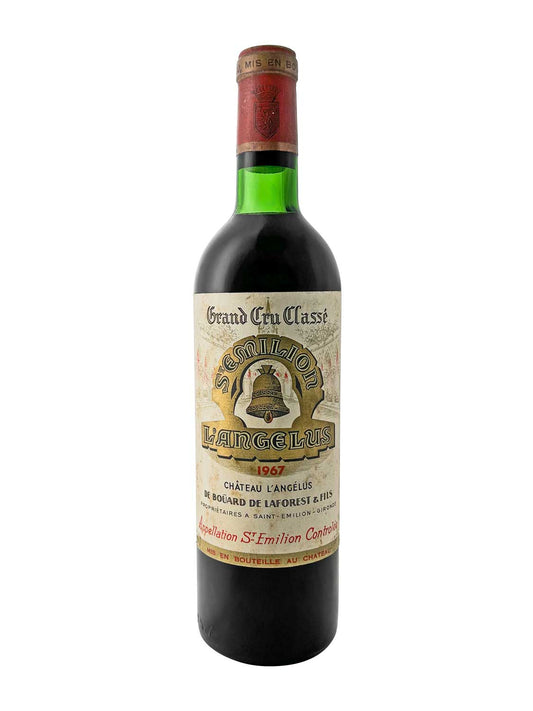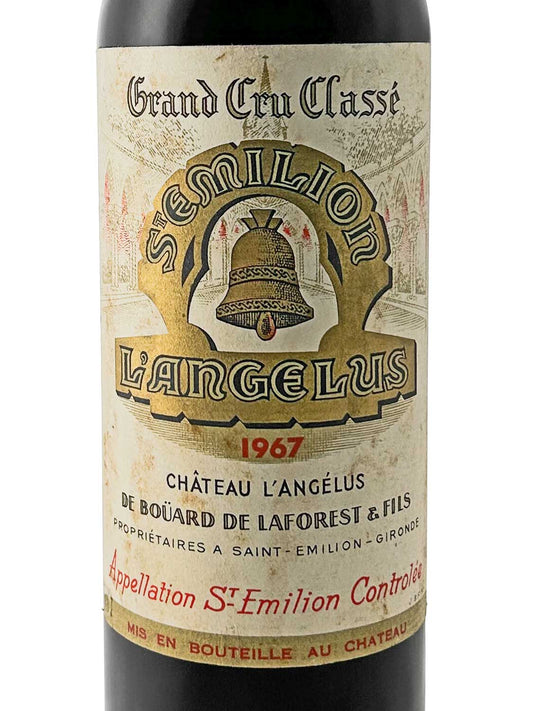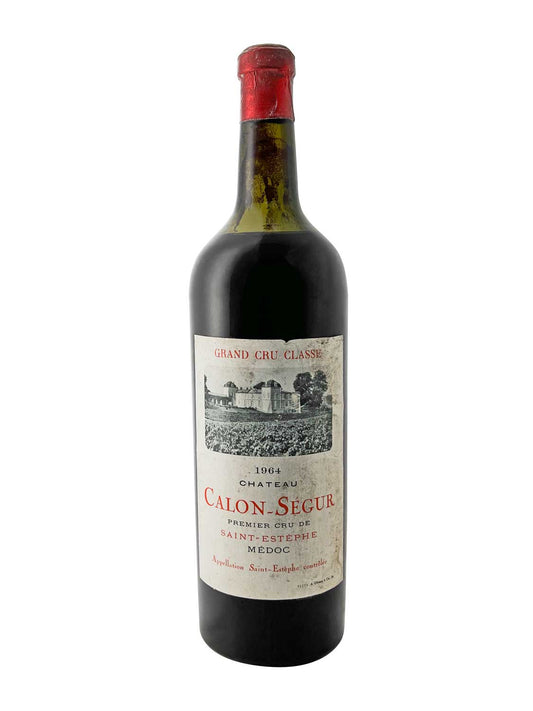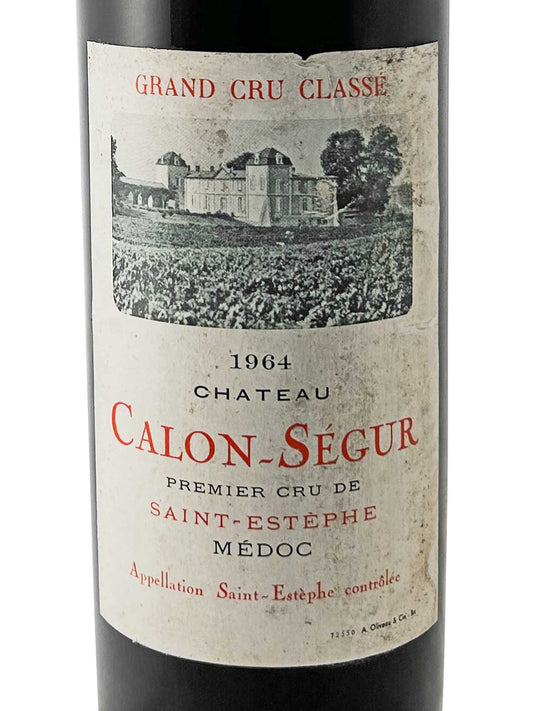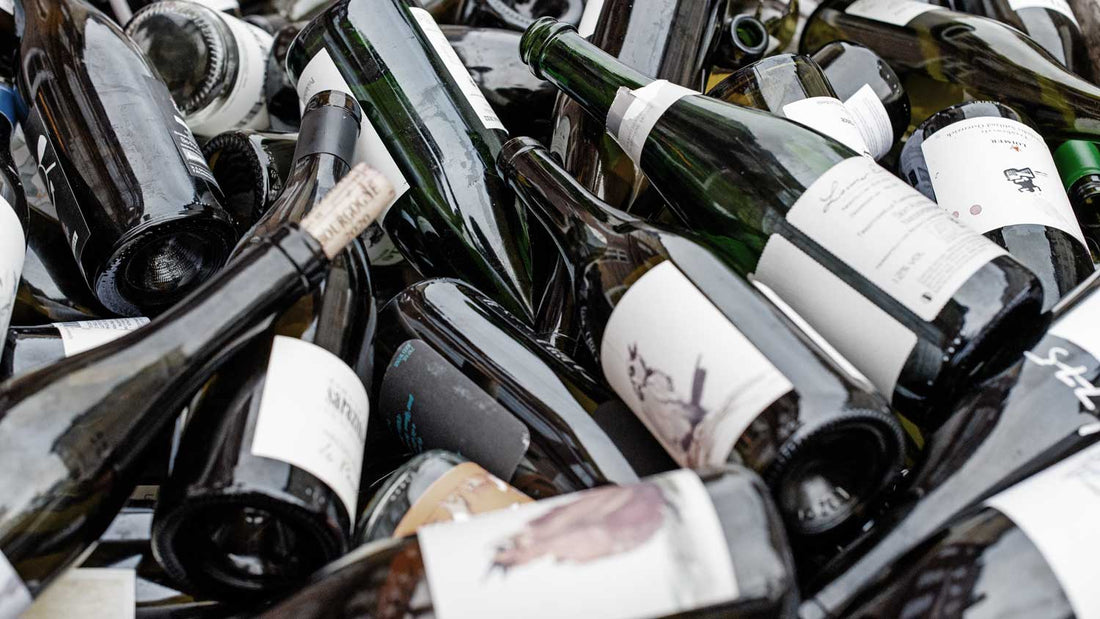
8 Benefits of Glass Wine Bottles
Why glass bottles are the best choice for wine
Wine is not just a drink, but also an experience linked to tradition, culture and enjoyment. The way wine is stored and presented plays a crucial role in its quality, value enhancement and taste. One of the most important decisions when bottling wine is the material of the bottle. In this blog post, we will explore the benefits of glass wine bottles compared to other materials such as plastic or metal and find out why glass is the preferred choice for many winemakers and wine collectors.
1. The immutability of glass
One of the greatest advantages of glass as a material for wine bottles is its chemical stability. Unlike plastic or metal, glass does not react with the contents of the bottle. This means that the wine in a glass bottle is not affected by chemical reactions that could alter the taste or aromas. This immutability ensures that the wine remains as the winemaker intended.
2. Longevity and durability
Glass is an extremely durable material. It can be used for years without losing quality. While plastic bottles can become brittle and lose their shape over time, glass remains stable and maintains its integrity. This makes glass bottles ideal for long-term wine storage. Many wines benefit from some aging over time, and a glass bottle offers the best protection during this process.
Also read: Guide – How long can you store white wine?
3. Aesthetics and presentation

Another important aspect of glass bottles is their aesthetics. The transparency of the glass allows the color and clarity of the wine to be seen - an important factor when choosing a wine. There are also a variety of designs and shapes for glass bottles that can enhance the character of the wine. Whether it's an elegant Bordeaux bottle or stylish Burgundy bottles, the design contributes to the overall perception of the product.
Presentation plays a big role in enjoying wine. A beautifully designed glass bottle can greatly enhance the drinking experience, making it a perfect gift or eye-catcher on the table.
4. Environmental friendliness
At a time when sustainability is becoming increasingly important, glass has several advantages over other materials:
Recycling: Glass is fully recyclable and can be reused many times without compromising quality. Recycling glass requires less energy than making new bottles from raw materials.
Less waste: Because glass bottles are durable and can be reused, they help reduce waste.
In comparison, many plastic bottles are not biodegradable and contribute to environmental pollution.
By the way: Of course, the weight of a glass bottle causes a higher CO2 footprint during transport than plastic bottles do.
5. Protection from UV light
An often overlooked benefit of glass bottles is their protection from UV light. UV rays can be harmful to wine; they can cause chemical reactions that can affect the taste and speed up the aging process. Dark green or brown glass bottles offer better protection against UV light than clear bottles or plastic containers.
Winemakers therefore often choose dark glass types for their bottles to ensure that the wine is optimally protected – especially during transport or when it is on the shelf.
Also read: Why are wine bottles green?

6. Versatility in design
Glass offers enormous versatility in terms of shape and design:
Custom designs: Winemakers can create unique bottle designs to stand out and strengthen their brand.
Variety of sizes: From standard sizes to magnum bottles, there is a wide range of size options in glass. Of course, 30-liter bottles are also possible!
This flexibility allows winemakers to market their products creatively while meeting the needs of their customers.
7. Better sealing
Glass bottles in combination with high-quality corks offer an excellent seal:
Corks: High-quality corks allow for a controlled supply of oxygen during the maturation process – a crucial factor for many wines.
Also read: How much do wine corks cost?
Screw caps: These provide an airtight seal without the risk of cork taint (a common complaint with corks).
Both types of closures work great with glass bottles and help keep the wine fresh.
8. Market acceptance
Glass has established itself as the preferred material for high-quality wines:
Consumer expectations: Many consumers associate high-quality wines with traditional glass bottles; this significantly influences their purchasing decisions.
Prestige: The use of glass conveys a feeling of luxury and exclusivity – qualities that many winemakers strive for.
The market acceptance of glass as a packaging material is also reflected in sales figures; many consumers are willing to pay more for wines in high-quality glass bottles.
challenges of other materials
To better understand the benefits of glass, let’s take a look at some of the challenges of other materials:
1. Plastic
Although plastic is lightweight and shatterproof, it has several disadvantages:
Chemical reactions: As already mentioned, plastic can react with the contents and release undesirable flavors.
Environmental impact: The production of plastic causes significant environmental impacts; in addition, many plastics are not biodegradable.
Aesthetics: Wine in a plastic bottle looks vulgar. For wine collectors and connoisseurs, plastic wine bottles are more of an insult than a compromise.
2. Metal
Metal containers (such as cans) do have some advantages in terms of durability and transportability:
Loss of taste: Metal can also react with the contents; it can also be difficult to ensure that no metallic taste penetrates the wine.
Presentation: Cans do not offer the same aesthetic appeal as glass bottles; they are not suitable for high-quality wines.
Conclusion: Why you should choose glass
In summary, glass wine bottles offer numerous advantages – both for winemakers and wine collectors:
- They guarantee unchanged quality through chemical stability.
- They are durable and ideal for long-term storage.
- Their aesthetics enhance the overall enjoyment experience.
- They are environmentally friendly due to recycling options.
- They protect the contents from UV light and temperature fluctuations.
In a world full of packaging alternatives, the classic material "glass" remains unsurpassed - both in terms of functionality and aesthetics. For wine collectors, therefore, it is indispensable: wine in glass bottles!

